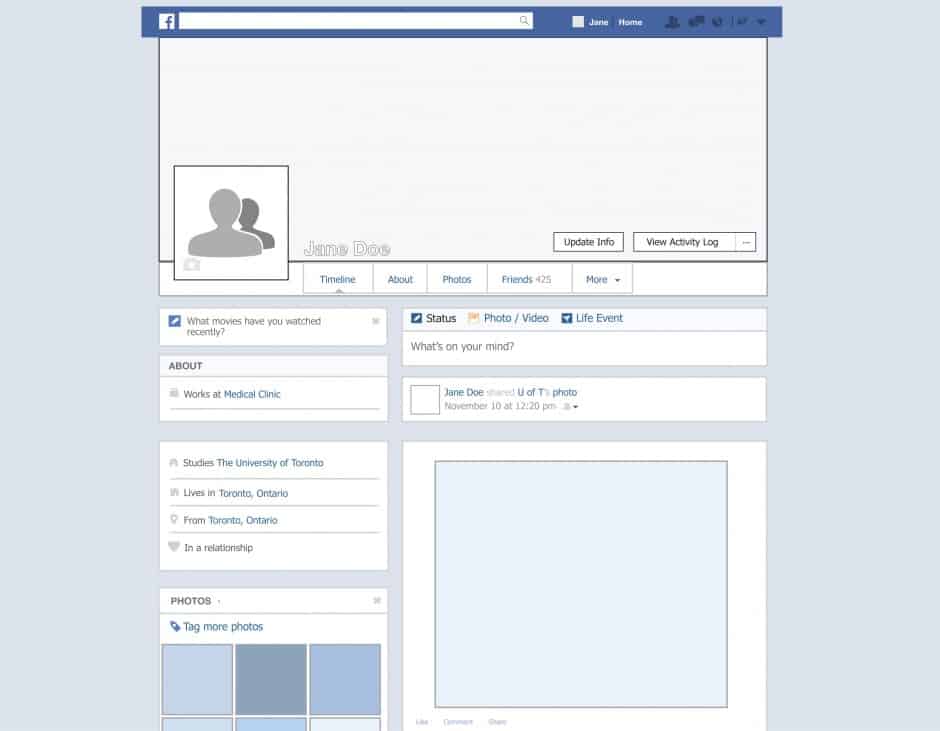With two out of three Canadians using social media, websites like Facebook and Twitter are an integral part of connecting with loved ones.
However, friends and family aren’t the only ones who look at online profiles.
Some university admissions representatives consider applicants’ social media accounts when deciding to accept or reject prospective students.
Many students change their names on their social media profiles while in the process of applying to professional schools in order to hide their profiles from admissions officers.
A 2013 questionnaire administered by test preparation company Kaplan indicated that 31 per cent of college admissions officers visited an applicant’s social media page, with 30 per cent of officers finding information that hurt applicants’ chances.
However, the University of Toronto’s Faculty of Law admissions committee said that applicants’ social media presence is not considered in the admissions process.
Similarly, according to Hana Lee, Coordinator of Admissions and Awards for Undergraduate Medical Education at University of Toronto’s Faculty of Medicine, applicants’ social media presence is not a factor in medical school admissions.
“We use Facebook and Twitter to attract and engage applicants, but we don’t consider applicants’ social media presence as part of our admissions process,” Lee said.
No matter what a university’s policy is, Jenna Jacobson, a PhD Candidate at U of T’s Faculty of Information and a social media researcher, said the school must clearly inform applicants.
“I think that whatever a university decides to do, there needs to be policies in place, and it needs to be very transparent,” Jacobson said. “Potential applicants should be able to opt in… whether they want to have their social media presence used in applications,” she continued.
“If it’s just something as simple as Googling the name of a person, then it’s up to individual people to really think about how they are presenting themselves online, but it’s up to the universities to ensure that if their practices do involve using social media as an indicator of a person’s application, then there needs to be those policies and transparencies in place, in order to allow people the knowledge, because it’s their data at the end of the day,” Jacobson added.
Jacobson, whose research focuses on personal branding, said social media searching is much more prevalent in certain job fields than in university or college-level admissions.
“When a company hires a new employee, they become an ambassador of the company,” Jacobson said. “Certainly in some sectors, people will absolutely search on social media, but as we all know — as we all do this — just simply Googling someone when you meet them or before you meet them, perhaps, is very common. Nobody can say that they haven’t done that, so what we see is a first impression can be made online before you meet someone and the face-to-face encounter is the second impression.”
For Jacobson, untagging certain photos, deleting certain comments, or changing the privacy settings of social media accounts is not about losing your identity or hiding your identity, but rather presently yourself in the way that you would like to be portrayed.
“Personal branding involves developing, harnessing, and classifying personal information to promote a marketable identity to others. So in other words, personal branding is the practice of marketing oneself as a brand to strategically position oneself for a career or build community,” Jacobson said.
Jacobson recommended that prospective university applicants develop a professional profile on LinkedIn so that, when recruiters or university professors look on social media, then they’re able to find something that generates a positive representation.


